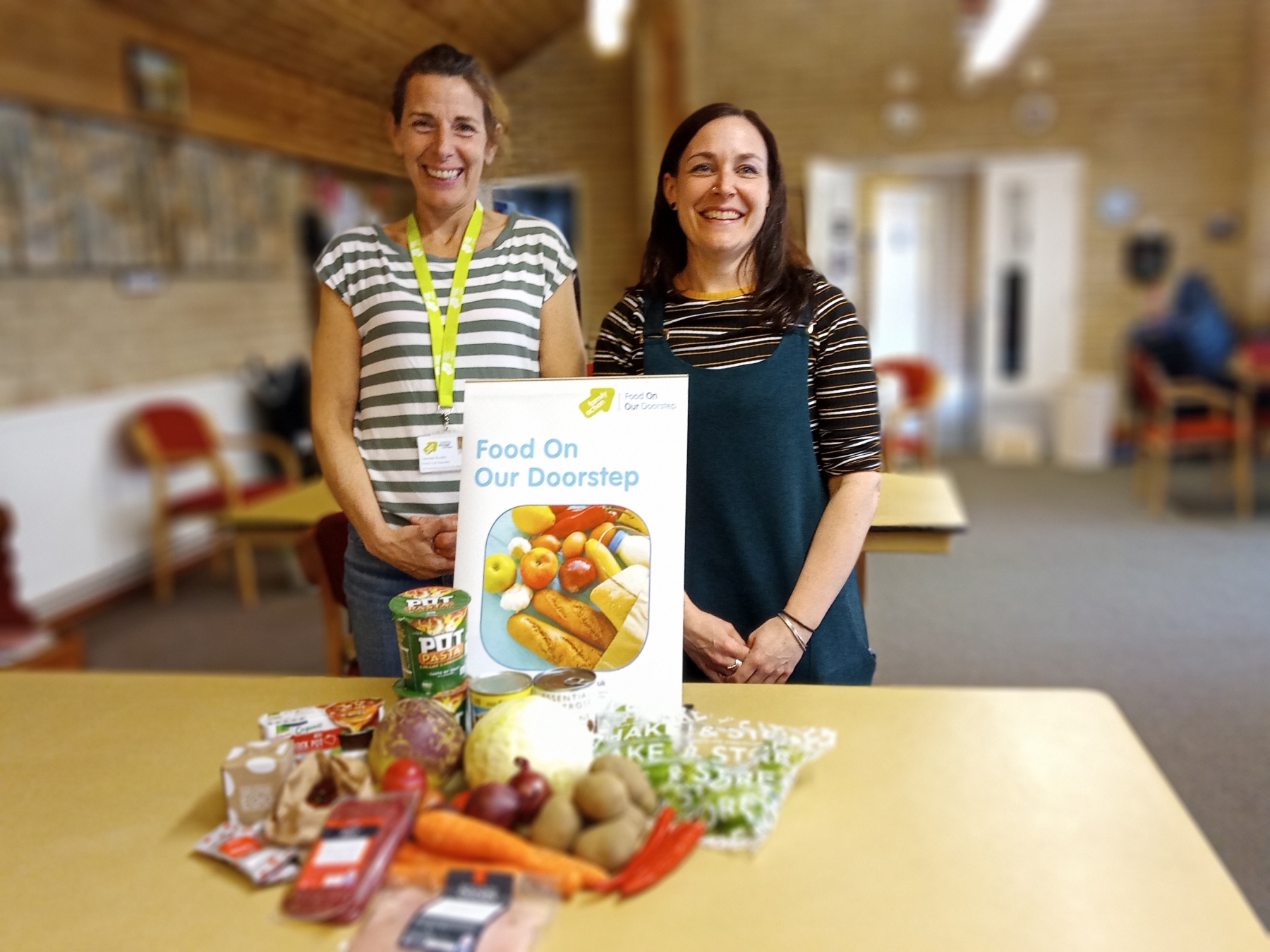Posted:
Thursday - August 18, 2022
3:49 pm
 Family Action transforms lives by providing practical, emotional and financial support to those experiencing poverty, disadvantage and social isolation across the country. The organisation, established in 1869, works with over 60,000 families a year and delivers 200 community-based services.
Family Action transforms lives by providing practical, emotional and financial support to those experiencing poverty, disadvantage and social isolation across the country. The organisation, established in 1869, works with over 60,000 families a year and delivers 200 community-based services. These services provide a wealth of support for families across a range of fields - including adult mental health and wellbeing, therapeutic services and learning disabilities - working with families in a range of contexts and providing support through children’s centres.
One of the key areas of support are Family Action’s food services, which include for example, Holiday Hubs - where families engage with activities based around eating, learning and playing together, and FOOD (Food On Our Doorstep) Clubs.
The FOOD Clubs were set up in 2018 in partnership with FareShare to reduce food waste and food insecurity by providing affordable food to families. The clubs are open to everyone. Members pay £1 a year to join and then £3.50 per week for the food itself. For this, they get a variety of food worth approximately £10-15, including fresh, fruit and vegetables, meat and dairy. Members say they appreciate the level of increased dignity the service provides, as they are paying for the food rather than, for example, using a food bank. In addition, a welcome environmental benefit of the service is that on average each FOOD Club is saving around 200 kg of food from being wasted every single week.
FOOD Club Coordinator Martha Skinner said: “The service helps increase the disposable income of families so they can use that money for other things, such as, for example, a day trip to improve their overall quality of life. At present, due to the cost-of-living crisis, these families are often spending every penny on essentials”.
 The Clubs also provide a space where families can be signposted to other services and act as a support network where they can talk to people about any issues that they need help with. FOOD Clubs are also part of the Nottinghamshire County Council Childhood Obesity Trailblazer Programme, which aims to provide better access to healthy food, improve diets and reduce childhood obesity.
The Clubs also provide a space where families can be signposted to other services and act as a support network where they can talk to people about any issues that they need help with. FOOD Clubs are also part of the Nottinghamshire County Council Childhood Obesity Trailblazer Programme, which aims to provide better access to healthy food, improve diets and reduce childhood obesity.Members report that FOOD Clubs encourage them to explore different foods, become more adventurous with cooking and embrace the challenge of preparing meals with fresh produce. Some members also cook with their family, increasing family cohesion.
One member said: “The children enjoy it. They try different things. My daughter and I open the box together and plan what we’re going to cook then, at the weekend, we cook together and it’s so nice. We really look forward to it. It’s made us cook more meals from scratch. For example, there was a whole roast chicken one week and it made me think more about what to do with it.”
Another aim of the FOOD Clubs is to reduce social isolation, loneliness and vulnerability by providing an area where people receive regular human interaction. This was particularly important during the COVID-19 Pandemic as, at that time, some members were saying that the FOOD Clubs might be the only time they were getting out of the house that week.
Martha added “At some of the FOOD Clubs we have definitely seen a recent increase in demand. Members tell us they experience a lot of stress and anxiety around financial difficulties and that they are struggling with living costs. Sadly, some people cancel their box because they can’t afford £3.50 each week; some people are on the edge of needing food bank referrals and others are starting to be pushed over”.
FOOD Clubs across the country are hosted by a variety of venues, such as community centres, children’s centres, faith groups and schools. Volunteers are crucial to the service, providing community development and cohesion, by bringing people together and creating a hub for them to gather.
Martha said “accessing the food that FareShare provides is at the heart of the FOOD Club model. Indeed, without FareShare the FOOD Clubs wouldn’t be financially viable”.
Providing food in this way helps the FOOD Clubs to address longer-term causes of poverty and food insecurity by making healthy food affordable and accessible to people in need. It also reduces potential stigma for those wanting to access the service.
Being a member of the FOOD Clubs is not just about food insecurity. Someone might join to feel part of the community, address environmental concerns or avoid food waste – whatever reason people come; FOOD clubs are there for them.











